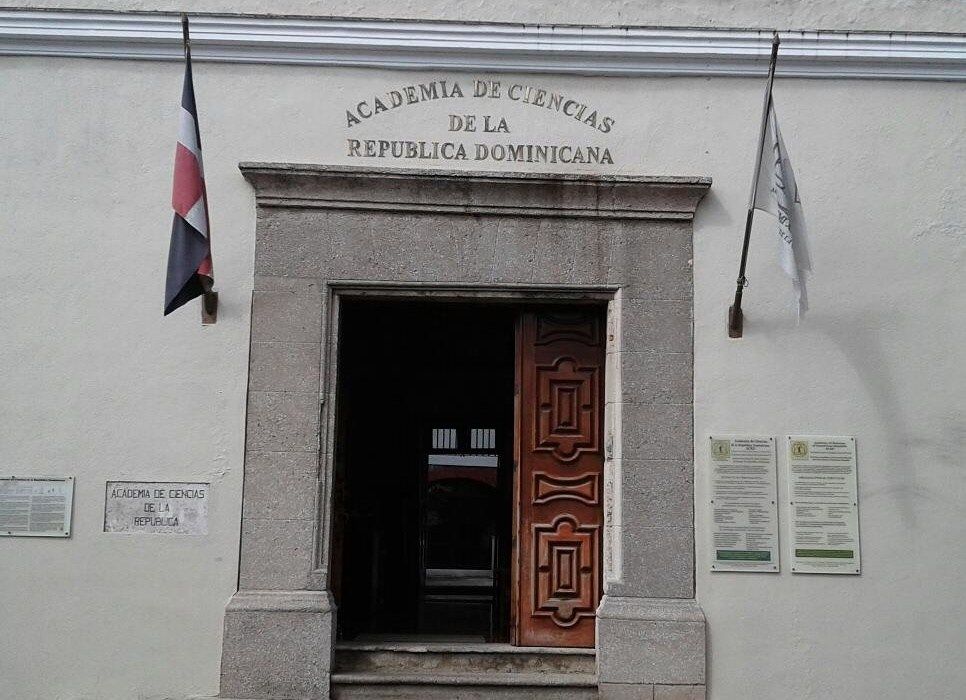dominican republic – The Academy of Sciences of the Dominican Republic (ACRD) announced its latest contribution to the economic field by presenting the ninth edition of the “Revista Dominicana de Economía”. In this edition, 33 leading economists join their voices to explore the country’s economic future in detail.
The Coordinator of the Economic Commission of the Academy of Sciences, José Luis de Ramón, highlighted the importance of this edition by deeply addressing the fundamental challenges facing the Dominican economy today, highlighting many of the articles contained in this publication.
ACRD President, Engineer Eleuterio Martinez, expressed his satisfaction with the quality and commitment reflected in the articles written by a distinguished group of economic experts. He stressed that the magazine brings distinguished specialists in the field of economic sciences to the Academy of Sciences, which enhances dialogue and cooperation.
Martinez noted that in the midst of the global crisis caused by the COVID-19 pandemic and the Russian invasion of Ukraine, economic, health, ideological and geopolitical challenges have arisen on a scale not seen in decades. Given this situation, the magazine raises important questions about the direction the Dominican economy and society should take.
Martinez declared: “We all have the same questions: Where are we going? Where should we go? What actions should we take as a nation?” To address these issues, a group of economists who have the ability to understand the complexity of the political and social situation at the global and local levels were brought together.
José Luis de Ramon, as coordinator of the Economic Commission of the Academy of Sciences of the Dominican Republic, participated in the call to economists. The upcoming issue of the magazine is titled “33 Dominican Economists Reflect on the Country’s Future,” and the short articles written by these experts are expected to provide valuable perspectives for decision-making.
Topics highlighted in this publication include water, public-private partnerships, banking, well-being, happiness and growth, relations with China, debt, education, energy, institutional strengthening, public spending, Haitian immigration, foreign investment, and the environment. , and pensions. poverty, productivity, tax reform, health and food security.
The journal offers a wide range of approaches and analyses, and articles are presented in alphabetical order according to the author’s last name. Despite the diversity of topics, the magazine seeks to provide a complete view of the economic, political and social challenges facing the Dominican Republic in a globalized world.
This edition includes contributions from prominent economists, such as Julio Andujar Chicar, José Adalberto Arias, Jaime Areste Escoder, Rosa Cañete Alonso, Guillermo Caram, Antonio Ciriaco Cruz, Miguel Collado de Franco, Alexis Cruz Rodríguez, Andrés Duhagre Jr., and José. Luis de Ramon, Guararuquia Felix, Eduardo García Michel, Rolando M. Guzmán, Magdalena Lizardo, Daniel y de la Rosa, Juan Ariel Jiménez, Huascar Jiménez Pichardo, Eduardo Klinger Beveda, Juan Carlos López Pérez, Richard Medina Gómez, Jacqueline Mora, José Antonio Pellerano J., Ellen Pérez Ducey, Ramon Pérez Minaya, Peter A. Brazmowski, Magdalena Rath, Rosanna Ruiz, José R. Sanchez Fong, Miguel Sang Bin, Amelia Yu Santos-Paulino, Harold Vasquez, Luis Viela Caulo, Gustavo Vollmar, among others.
Revista Dominicana de Economía is a valuable resource for understanding and addressing the economic challenges facing the Dominican Republic in a constantly evolving global context. With articles that provide in-depth analysis and diverse perspectives, the magazine becomes an essential reference for professionals, academics and policymakers interested in the country’s economic future.

“Social media evangelist. Student. Reader. Troublemaker. Typical introvert.”

:quality(85)/cloudfront-us-east-1.images.arcpublishing.com/infobae/TEQF6EONZRFGLLLDIDD4L2O4EE.jpg)

:quality(75)/cloudfront-us-east-1.images.arcpublishing.com/elcomercio/XU32LRAEZFDDPNVHLFU3CKVBYY.jpg)



More Stories
Venezuela ranks fourth in female leadership in science and technology in Latin America
In Portuguesa and Sucre they explore the wonderful world of science
The university court overturns the expulsion of two teachers and a chemical sciences student